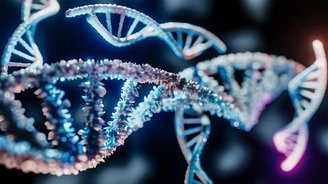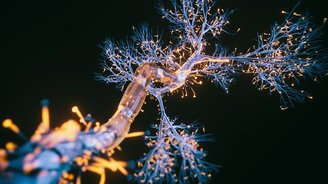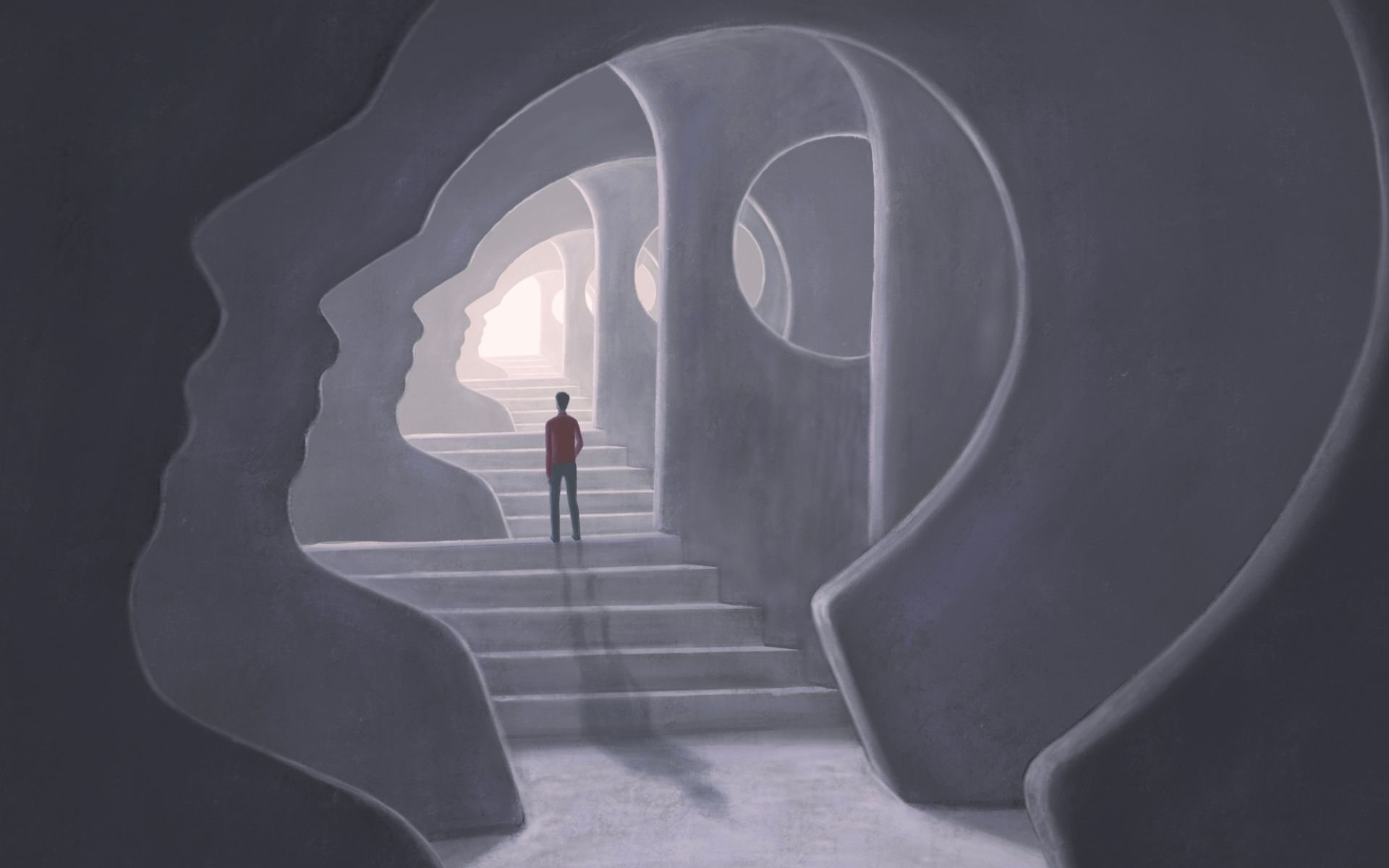Is there a free will? Various fields of study have attempted to answer this metaphysical question over the centuries. As complex as the birthplace of the ego, Philosophers and scientists have examined the biological mind and body where this battle was born.
For some currents of science, our choices are determined by our genes and the spaces in which we develop. For others, despite all this burden, we can be agents of change ourselves, choosing our own life path.
For you, do we really have freedom of choice or are we designed to think, be and act as we do? Learn more about free will.
For you, does free will exist?source: Getty Images
What is free will?
The simple definition of free will can be described as the freedom to choose between alternatives independently. This choice can range from the simplest everyday items, like whether or not to have coffee in the morning, or to change careers, countries and lives, simply because you want to.
For creationist believers, Free will has existed since the creation of manBeing a divine gift to man, who can freely choose to follow God or reject Him as he pleases.
However, this gift comes with responsibility. Since you are free to choose, you must also be responsible for your choices. There is another philosophical aspect that says that free will is an illusion and that your choices are determined by your genes and the context in which you were raised..
From this perspective, your responsibility for your choices is almost non-existent, because, regardless of your actual will, they will always lead to choices that are not within your control. From one point to another, we do not have a specific answer.
Am I the one who chose?
our Thought is generated by activating different groups of neurons Which will determine how the activity is chosen or implemented. But this choice may be pre-programmed into your genes.
We inherit genetics from our ancestors and grow up in cultures that shape us socially. This “recipe” shapes who we are, how we think and how we should act in ethical behavior. This construct, which will determine the outcome, is called determinism.

For this philosophical current, no matter what desire we truly have, the final choice will always be marked by something that has been dictated to us. Therefore free will would be an illusion. You think you've chosen, but the culture around you, your friends, your beliefs, and everything else, has already chosen before you even think about standing up.
Based on this assumption, Since we are not the ones who choose, who is responsible for our behavior?
And in the opposite direction, those who defend free will, we are the active agents of transforming our history. Therefore, we not only have the ability to choose according to our own will, but we must also take responsibility for our decisions.
For indeterminists, genetics are relevant, and culture is a contributor to decisions and not something that will determine how the story ends. Who fights? the current situation, Let him say so.
Where is the self born? Is free will born there?
The details of how our brain works are not yet fully understood. We know how synapses occur and how cellular connections are stimulated to become who we are, but where does consciousness arise?
Metaphysics is still very much present when discussing the birthplace of the ego, choices, and how we play our roles in the world. The complexity of the human organism far exceeds the optimal functioning of the cellular organism.
Although non-modifiable genetic factors, such as the color of your eyes, skin or nose, may dislike you, the way you think and act, although influenced by the context in which you live, can be changed by contact with other cultures and cultures. New knowledge. .

In neuroscience there is even a concept of brain plasticity, which can be conceptualized as… The brain's ability to changeCreating new neural pathways in response to environmental or cognitive stimuli in continuous learning.
Considering the different scenarios, Sad to say, there is no definitive answer about free will, based on current science.
However, the day may come when our brain is fully mapped and we finally get answers to this and other unique questions that pass between science and the philosophy of human existence and uniqueness.
Did you like the content? So, stay tuned for more similar topics here on TecMundo and take the opportunity to also learn about the discovery of the mechanism that may be responsible for human consciousness.

“Hardcore beer fanatic. Falls down a lot. Professional coffee fan. Music ninja.”



:strip_icc()/s03.video.glbimg.com/x720/12610546.jpg)

More Stories
How to define your stomach at home? Learn 5 exercises to tighten the abdominal muscles
Learn how to increase muscle strength
New volunteers from the SUS National Force arrive in Rio Grande do Sul